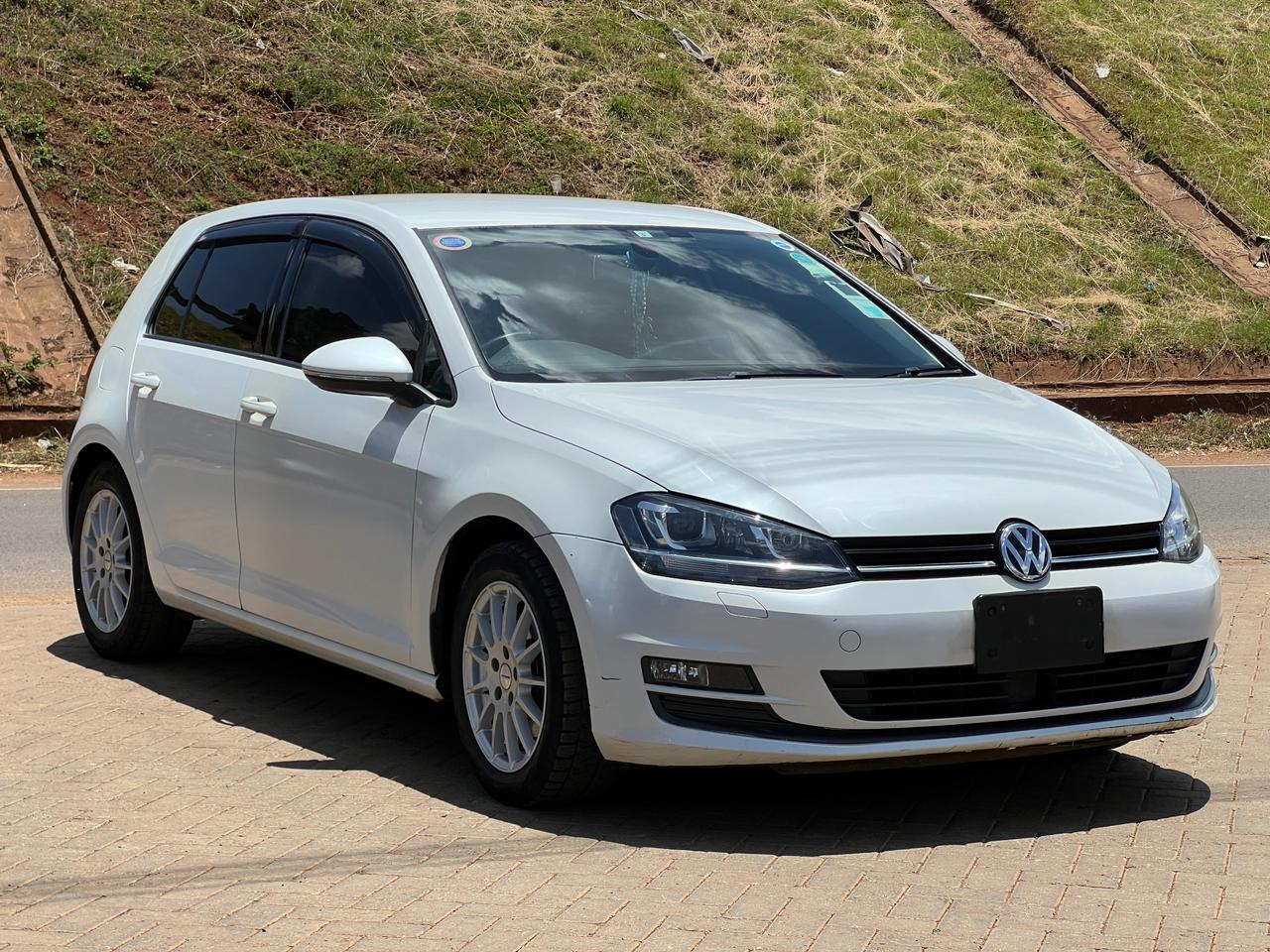Tesla Cybertruck 2025 in Kenya: Price, Performance & Why It Turns Heads Everywhere
Tesla Cybertruck 2025 in Kenya: Price, Performance & Why It Turns Heads Everywhere
Humanized, SEO-rich, and ready to publish — everything Kenyan buyers want to know about the Cybertruck.
Introduction — What is the Cybertruck?
The Tesla Cybertruck arrived with a thud: its futuristic, angular stainless‑steel body broke the mold of traditional pickups. Launched in limited volumes and slowly ramping up production, the Cybertruck isn’t just another electric vehicle — it’s an idea made real. For 2025, the Cybertruck represents Tesla's boldest attempt yet to enter the utility market dominated by conventional trucks.
In markets like Kenya, where pickups are used for business, farming, and daily family life, the Cybertruck raises interesting questions: Is it a practical workhorse? A status symbol? Or both? This article explores price estimates, performance, real‑world use, and whether the Cybertruck makes sense for Kenyan roads and buyers.
Design & Build: Stainless steel and polarizing looks
The Cybertruck’s most obvious feature is its exoskeleton — cold‑rolled stainless steel that gives a unique unpainted finish and extreme durability. The V-shaped, faceted panels are engineered for strength and dent resistance. The look is divisive: some call it retro‑futuristic, others compare it to a sci‑fi prop. Either way, it gets attention — an advantage for businesses or individuals using the vehicle for branding or visibility.
Beyond looks, the tubular architecture means fewer traditional body panels and less corrosion risk. On the flip side, damaged panels may be more complex and costly to repair, and the unpainted finish limits customization options for Kenyan owners used to repainting or applying protective films.
Key Specs: Range, towing, and payload
Tesla offers several Cybertruck variants. While specific numbers vary by year and regional configuration, general 2025 figures are:
400–800+ km depending on battery and motor config
~3,400–6,350+ kg (varies by trim)
~900–1,600 kg
~2.9–6.5 seconds (Performance to Single‑motor)
High‑end variants with tri‑motor setups push range and towing to industry‑leading numbers. For Kenyan buyers, range matters because charging infrastructure is still growing; higher range variants offer more flexibility for long trips and remote work sites.
Performance & Off‑road capability
Despite its size, the Cybertruck handles like a modern EV: instant torque, low center of gravity, and strong regenerative braking. With adjustable air suspension, the Cybertruck can raise ride height for off‑road work and lower for highway efficiency. Clearance, approach/departure angles, and rugged construction make it surprisingly competent off‑road.
For rural Kenyan roads and uneven terrain, the Cybertruck’s ground clearance and torque are advantages — it can tow heavy loads up steep dirt tracks that would challenge some conventional pickups. However, its length and width can be a disadvantage on narrow rural paths or congested urban streets.
Cybertruck in Kenya — Import, Price & Practicality
As of 2025, the Cybertruck is not sold officially in Kenya. Most examples arrive through private importers. Buyers should prepare for a significant premium over U.S. list prices due to shipping, import duties, VAT, and compliance modifications.
Estimated Price Range (Kenya)
While exact numbers fluctuate, conservative estimates for imported Cybertrucks in Kenya (2025) are:
- Used/earlier imports: Ksh 18,000,000 – Ksh 30,000,000+
- New/late model: Ksh 30,000,000 – Ksh 60,000,000+
Why the high range? Import duties are steep, shipping costs and currency fluctuations add, and specialized vehicles attract additional inspection or conversion fees. Insurance premiums are also typically higher for premium EVs and specialty vehicles like the Cybertruck.
Charging & Energy Strategy
Charging the Cybertruck follows standard EV practices: home charging for daily use and DC fast charging for long trips. The Cybertruck’s large battery (especially in long‑range variants) benefits greatly from high‑power charging infrastructure.
Kenyan buyers should consider:
- Home wallbox: A 7–11 kW AC charger is ideal for daily top‑ups. For larger batteries, overnight charging is sufficient for most daily needs.
- Solar + battery storage: Cybertruck owners with high energy needs (e.g., towing, on‑site power) benefit from solar arrays paired with home battery storage. This reduces running costs and increases resilience during grid outages.
- Public DC fast charging: Use fast chargers where available for longer trips; plan routes carefully as DC infrastructure is still growing outside major corridors.
Because the Cybertruck has a potential to tow heavy loads and power tools, pairing it with a robust energy ecosystem (solar panels + Powerwall style storage) makes it a mobile energy hub for farms, construction sites, and off‑grid operations — a use case that fits parts of Kenya well.
Who Should Buy It? Use Cases for Kenya
The Cybertruck is not for everyone. Ideal Kenyan buyers include:
- Commercial users needing reliable towing and off‑road capability (e.g., safaris, lodges, farms, construction fleets).
- High‑visibility brands wanting a standout vehicle for marketing or experiential businesses.
- Tech enthusiasts who value unique design and cutting‑edge EV capability and can afford the premium.
- Off‑grid operators who want a mobile energy solution paired with solar + storage.
For everyday urban drivers or small businesses on a tight budget, more conventional pickups or electric SUVs may be more practical and cost‑effective.
Buying Tips & Import Checklist
If you're seriously considering importing a Cybertruck, follow this checklist to reduce surprises:
- Confirm VIN & vehicle history: Ensure the truck has a clean title and readable service records.
- Battery & motor health: Request battery health diagnostics and any maintenance history.
- Customs & compliance: Check KCSE (Kenya) import rules, duties, and required modifications for local compliance.
- Insurance: Get quotes from insurers experienced with EVs and specialty imports.
- Charger compatibility: Ensure included chargers/adapters work with local voltage or that you have compatible wallbox adapters installed.
- Service access: Identify technicians or workshops capable of servicing Tesla EVs or arrange for training/parts importers.
- Test logistics: If possible, test‑drive an equivalent pickup to assess length, urban maneuverability, and parking needs.
Importers can handle much of this, but always ask for breakdowns of fees and a timeline so you’re not surprised by hidden costs.
Frequently Asked Questions
Is the Cybertruck reliable?
As with many new vehicle platforms, early adopters report impressive capability but some software and fitment quirks. Tesla continuously updates vehicles over‑the‑air, improving reliability over time.
Can the Cybertruck tow heavy loads in Kenya?
Yes — high‑spec Cybertrucks have class‑leading towing. Match the variant to your towing needs and ensure local roads can handle the combined trailer and truck size/weight.
How much does it cost to insure?
Insurance is higher than mainstream pickups due to vehicle value and specialty parts. Shop around and choose insurers familiar with electric or imported vehicles.
Conclusion & Call to Action
The Tesla Cybertruck is bold, capable, and divisive. In 2025, it represents a new category — a high‑performance electric pickup with practical uses for certain Kenyan businesses and enthusiasts. However, high import costs, specialist servicing needs, and urban practicality concerns mean it’s best suited for commercial buyers, off‑grid operators, and brand‑focused owners who value visibility and capability over upfront price.
If you’re considering importing a Cybertruck or any Tesla to Kenya, work with reputable importers, confirm battery health, and plan your energy strategy (charger + solar). For a tailored consultation, import estimates, or local listings, Code and Clutch can help you navigate the process with expert advice.
Visit Code and Clutch — Get Cybertruck import quotes, Tesla listings & expert buying help




Comments
Post a Comment